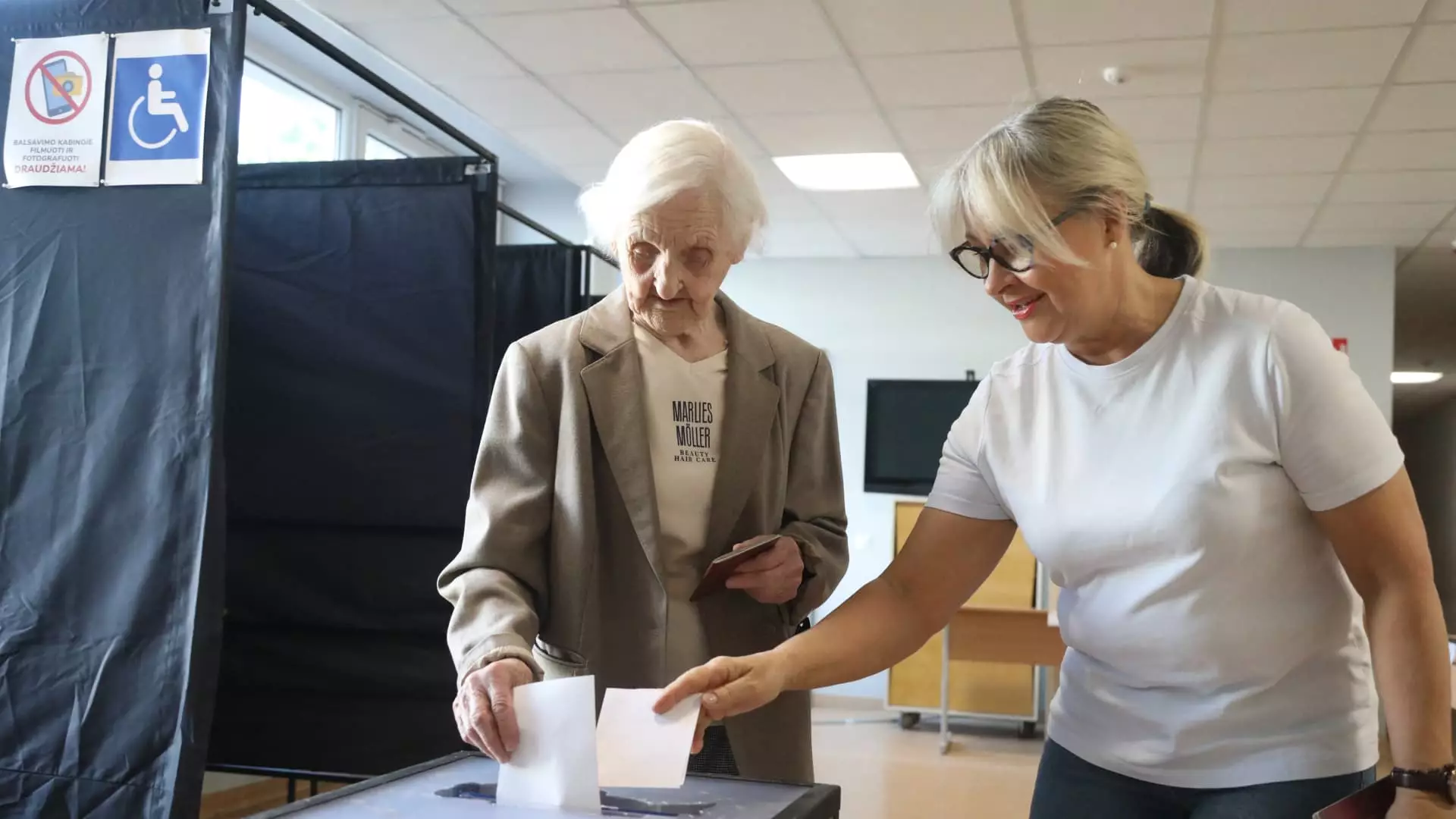Lithuania, a Baltic nation of 2.8 million people, is gearing up for its presidential elections on Sunday, with the incumbent Gitanas Nauseda leading the race. The campaign leading up to the elections has been heavily influenced by security concerns in the aftermath of Russia’s 2022 invasion of Ukraine. As a staunch ally of Ukraine, Lithuania, a member of both NATO and the EU, is on high alert, fearing that it could be Moscow’s next target.
Nauseda, a 60-year-old former senior economist with SEB, has garnered significant support, winning the first round of the election with 44% of the votes. However, he fell short of the 50% needed for an outright victory. His opponent, Prime Minister Ingrida Simonyte, from the ruling centre-right Homeland Union party, is trailing in opinion polls. Simonyte, 49, was the only female candidate in the first round and secured 20% of the votes.
Security Concerns and Foreign Policy
A recent poll conducted by ELTA/Baltijos Tyrimai revealed that over half of Lithuanians believe that a Russian attack is possible, if not very likely. Nauseda has been vocal about his stance on Russia, referring to it as an enemy that poses a threat to Lithuania and the democratic world at large. He advocates for increased defense spending to bolster the country’s security, aiming to raise it to at least 3% of Lithuania’s GDP.
Both Nauseda and Simonyte agree on the need to ramp up defense spending, but they differ on certain key issues. Nauseda, a social conservative, opposes legal recognition of same-sex civil partnerships, arguing that it would blur the distinction between marriage, which is defined as between a man and a woman in Lithuania’s constitution. On the other hand, Simonyte, a fiscal hawk and former finance minister, emphasizes the importance of pro-European and pro-Western values, while advocating for greater tolerance and inclusivity.
Role of the President
The president of Lithuania wields a semi-executive role, which includes leading the armed forces, chairing the supreme defense and national security policy body, and representing the country at EU and NATO summits. The president collaborates with the government to set foreign and security policy, holds the power to veto laws, and plays a role in appointing key officials such as judges, the chief prosecutor, the chief of defense, and the head of the central bank.
This election marks the second time Nauseda and Simonyte have faced off in a presidential run-off. In 2019, Nauseda emerged victorious with 66% of the vote. As the candidates make their final push in the lead-up to the elections, the future direction of Lithuania’s security and values hangs in the balance. The choice between Nauseda and Simonyte not only represents a decision on leadership but also on the fundamental principles that will shape the country’s path forward.



Leave a Reply